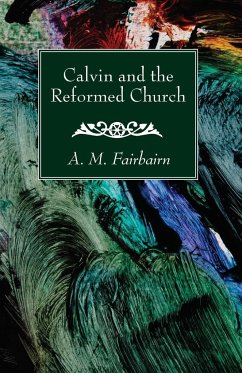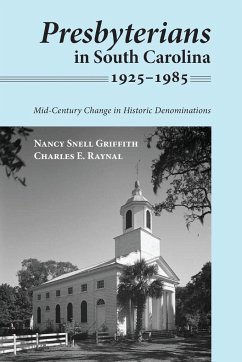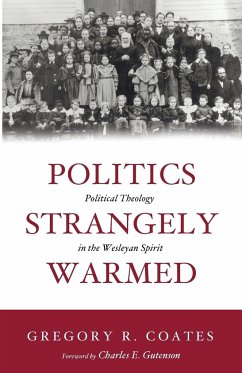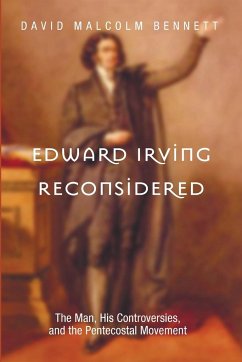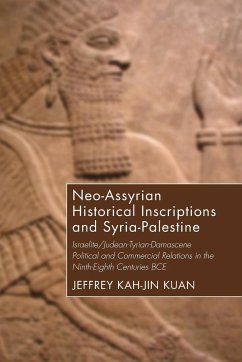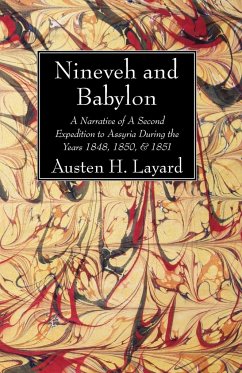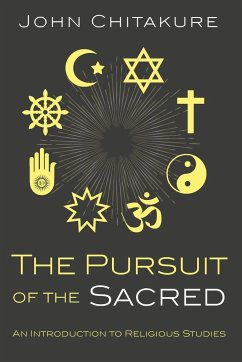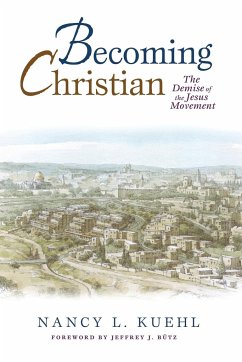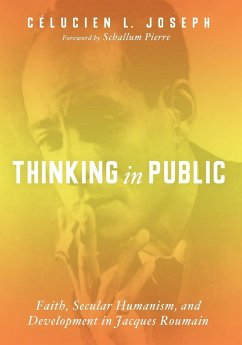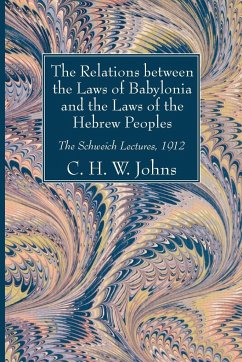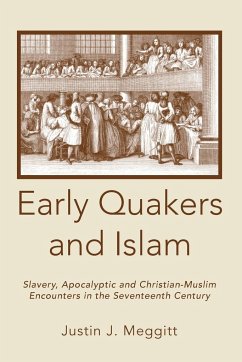
Early Quakers and Islam
Versandkostenfrei!
Versandfertig in 1-2 Wochen
16,99 €
inkl. MwSt.

PAYBACK Punkte
8 °P sammeln!
Early Quaker encounters with Muslims in the seventeenth century helped generate some of the most distinctive and, at times, sympathetic Christian responses to Islam found in the early modern era. Texts such as George Fox's To the Great Turk (1680), in which he engaged in extensive, constructive exegesis of the Qur'an, demonstrate a conception of Islam and Muslims that disrupts many prevailing assumptions of the period. Some responses are all the more striking as they came about as a reaction to the enslavement of a number of Quakers by Muslims in North Africa, where, paradoxically, they often ...
Early Quaker encounters with Muslims in the seventeenth century helped generate some of the most distinctive and, at times, sympathetic Christian responses to Islam found in the early modern era. Texts such as George Fox's To the Great Turk (1680), in which he engaged in extensive, constructive exegesis of the Qur'an, demonstrate a conception of Islam and Muslims that disrupts many prevailing assumptions of the period. Some responses are all the more striking as they came about as a reaction to the enslavement of a number of Quakers by Muslims in North Africa, where, paradoxically, they often experienced religious freedom denied them at home. This study seeks to understand how and why this heterodox Christian sect created such unusual interpretations of Islam by analyzing the experience of these slaves and scrutinizing the distinctive, oppositional culture of the movement to which they belonged. The work has implications that go beyond the specific subject of study and raises questions about the role that such things as apocalypticism and sectarianism can play in interreligious encounters, and the analytical limitations of Orientalism in characterizing Christian representations of Islam in the early modern period.



